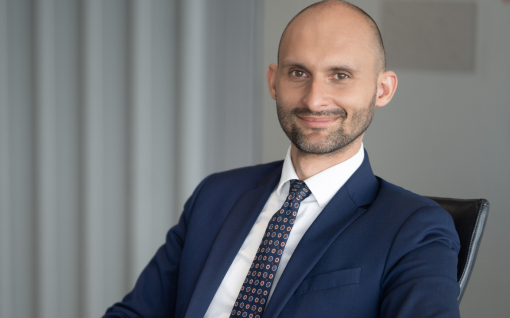The turn of 2022 was the time when the promotion of alcoholic beverages on social media began to attract huge public interest.
High-proof spirits are particularly emotive. These cannot be advertised or promoted according to the Act on Education in Sobriety and Alcoholism Prevention. However, despite the ban, the Internet is flooded with content featuring spirit names, trademarks and graphic images.
How influencers ‘get around’ bans
Interestingly, alcohol is not the main theme in most related posts, and internet users are often confronted with content that cannot be clearly classified as advertising or promotion.
In fact, in the public space, creators often state that they are not encouraging anyone to drink alcohol and completely deny that the content they create can be considered as advertising or promotion.
On the contrary, they are keen to explain their activities as ‘spreading the word’, e.g. about non-obvious uses of alcohol in the kitchen, or telling other related stories. Alcohol also appears in random locations, often without proper labelling of the advertising collaboration, which deviates from the UOKiK guidelines and violates the same Act.
Influencers flooding us with alcohol advertisements face stiff sanctions in Poland
Under the current legal regime, such actions can expose influencers to serious consequences, of which having to remove a post or terminate cooperation with a particular client is just a drop in the ocean.
In France, for example, Instagram was ‘only’ forced to remove the content of influencers promoting alcoholic beverages, and the ruling obliged the site’s owner, Meta, to provide the Addictions France Association with data containing the real identities of the influencers (full names, dates and places of birth and telephone numbers).
What’s more, sanctions can be targeted directly – i.e. not at a site owner or specific alcohol producer, but at the influencers themselves, or simply at individuals whose social media activity is considered ‘promotion’ or ‘advertising’.
A fine of PLN 10,000 to PLN 500,000 may be imposed on anyone who, in breach of the ban on advertising set out in Article 131 of the Act on Education for Sobriety and Alcoholism Prevention, advertises or promotes alcoholic beverages or provides information about the sponsorship of a mass event, subject to Article 131(5) and (6).
Fines of up to half a million for breaking the alcohol advertising ban
Despite the fact that the legislation came into force at the end of 1997, it is still difficult to find case law imposing heavy fines on promoters.
However, technological change has breathed new life into this legislation.
A well-known social activist filed a lawsuit on this basis with the District Public Prosecutor’s Office in Warsaw-Śródmieście, which resulted in the public prosecutor filing criminal charges against three people who maintain public profiles with significant reach on social media.
The issue is therefore becoming topical and the situation shows that those who share their content on social media have a responsibility they may not have previously been aware of.
Want to share content online safely?
Want to know your rights and responsibilities in social media?
Contact us




